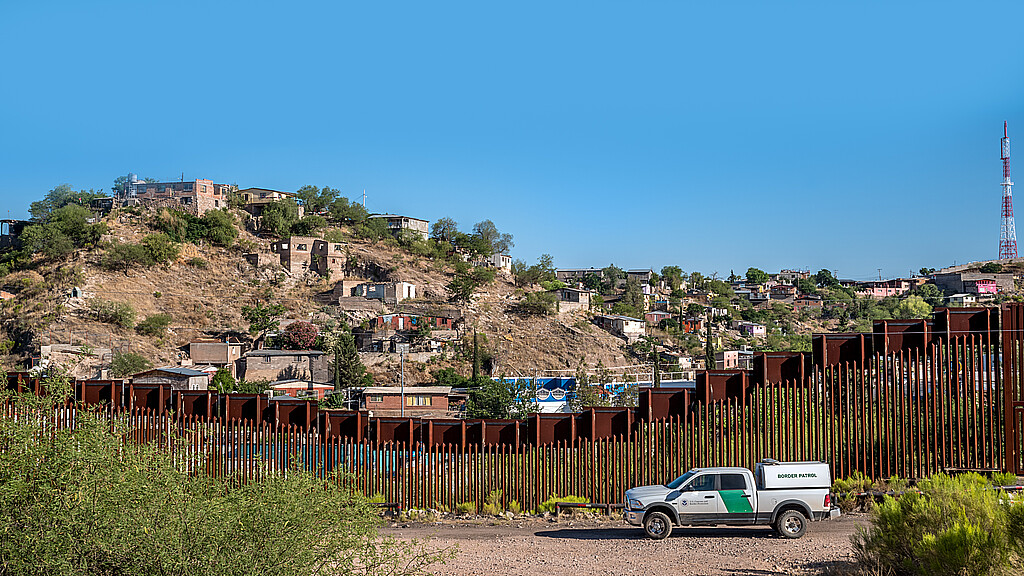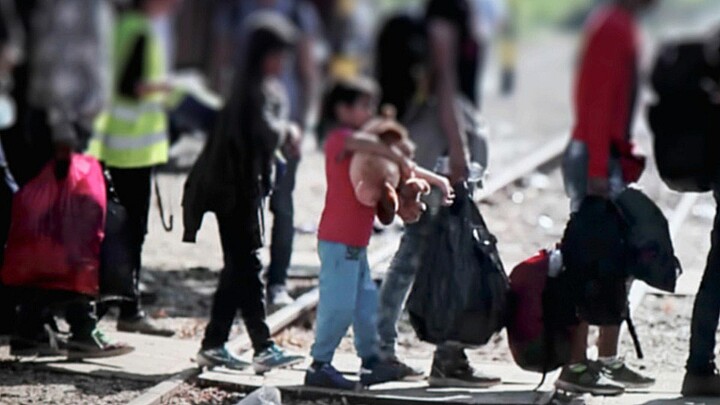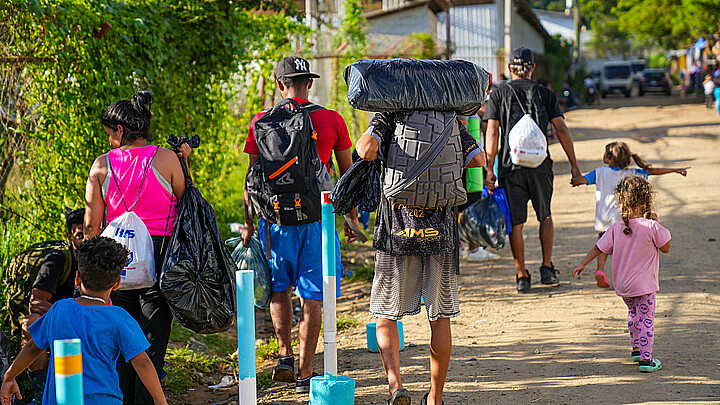Immigration
Arrests of Cuban, Haitian, Nicaraguan, and Venezuelan migrants at the border dramatically falls
The number of arrests of Cuban, Haitian, Nicaraguan, and Venezuelan undocumented migrants at the U.S.-Mexico border has fallen almost 97% after new immigration policies were implemented

January 26, 2023 9:08am
Updated: February 19, 2023 10:51am
The number of arrests of Cuban, Haitian, Nicaraguan, and Venezuelan undocumented migrants at the U.S.-Mexico border has fallen almost 97% after new immigration policies were implemented, the U.S. Department of Homeland Security (DHS) said on Wednesday.
During the week ending on January 4, Border Patrol agents encountered a daily average of 115 migrants from the four countries attempting to cross the border, the DHS added. The number is a significant decrease from the average of 3,367 daily encounters during the week of December 11.
According to the DHS, the decrease in arrests comes after the U.S. expanded the public health order Title 42, implemented under former President Donald Trump to allow border agents to quickly expel migrants without hearing their asylum cases to prevent the spread of the coronavirus.
On January 5, the Biden administration announced that migrants from Cuba, Haiti, and Nicaragua would no longer be allowed to process their asylum cases at the border. Instead, the migrants would be expelled to Mexico, where they could seek to have their cases reviewed.
In addition, the U.S. said that 30,000 migrants from the four countries will be given the opportunity to enter the country through a two-year temporary humanitarian “parole.” So far, around 1,700 people from Cuba, Haiti, and Nicaragua have enlisted in the program.










